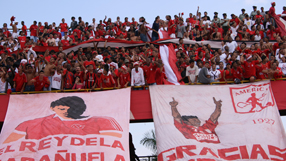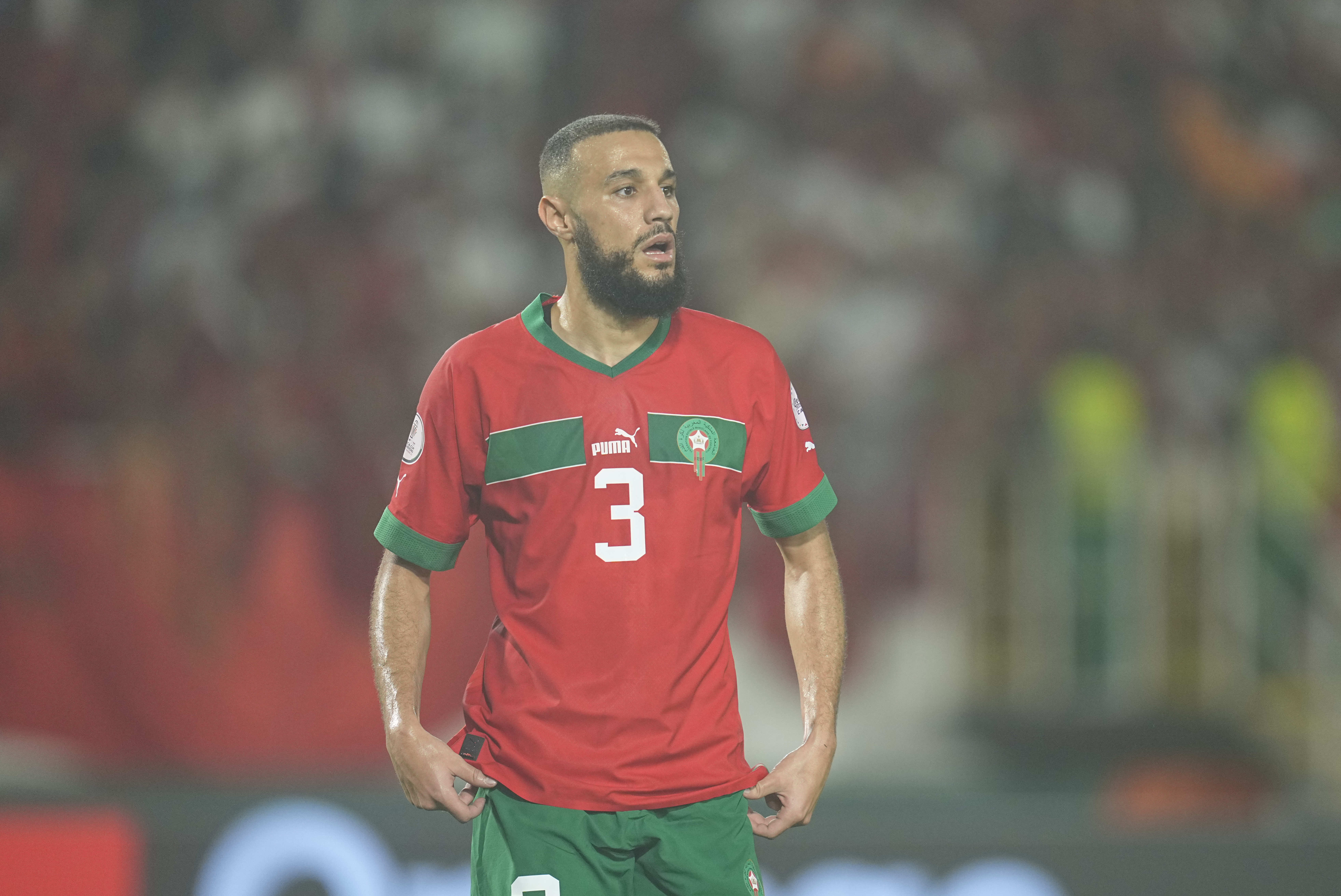
The "Red Devils" became mired in financial troubles after their drug lord patrons in the Cali Cartel were jailed in 1995, ending a windfall of ill-gotten wealth that helped the club assemble one of South America's priciest lineups.
Now, Cali's popular mayor is leading a campaign to have the team removed from a U.S. government anti-drugs blacklist that has prevented them from having a local bank account or even getting sponsors for more than a decade.
"The situation's more and more unbearable," said the club's weary-looking president, Carlos Puente, in the America Sporting Corporation's modest headquarters in downtown Cali.
"Undeniably, drug traffickers had some economic influence here but it wasn't just in this club, it was in any number of Colombian teams ... Traditionally this sport hasn't had the cleanest management," he added.
Mayor Jorge Ivan Ospina, an America fan, wants to relaunch the debt-laden club as a new, legal company, and at the same time show his city has turned over a new leaf.
In the 1980s and early 90s, the steamy city was flush with drug money that bankrolled everything from property developments to a cosmetic surgery boom.
But Cali has undergone a face-lift since cartel kingpins Miguel and Gilberto Rodriguez were locked up. The promotional possibilities of a successful soccer team are not lost on officials at city hall.
The best features, fun and footballing quizzes, straight to your inbox every week.
"The mayor wants to show this is a new Cali," said project leader Jaime Gutierrez, who at 25 represents a new generation of officials seeking to chart a different course.
"We want to break with the past and say to the people, 'Don't bad-mouth your city, don't destroy your city, don't leave your city'," he said.
Cali's drive to improve its image fits well with President Alvaro Uribe's efforts to lure foreign investors and tourists to Colombia by cracking down on leftist rebels, armed gangs and drug traffickers in the world's top cocaine producer.
BUDGETS
Colombian soccer and drug trafficking used to go hand-in-hand and violence has sometimes spilled onto the pitch, with referees and players being bribed and even murdered.
In 1993, drug boss Pablo Escobar was buried with an Atletico Nacional flag draped over his coffin. The following year, defender Andres Escobar was shot dead after scoring an own goal that knocked Colombia out of the World Cup.
But in few clubs were the murky links between the drugs cartels and sport as strong as at America. Stories abound of match-fixing, money-laundering and players being rewarded with lavish parties and prostitutes courtesy of the Cartel.
One former player sparked controversy in 1997 by dedicating a winning goal to "those who've been deprived of their liberty, especially Miguel and Gilberto Rodriguez."
Today, America draw crowds of up to 18,000 and their first national championship win in six years in December has given impetus to the mayor's campaign. One of Colombia's best-known clubs, they claim hundreds of thousands of fans.
Mayor Ospina hopes to find up to 4
